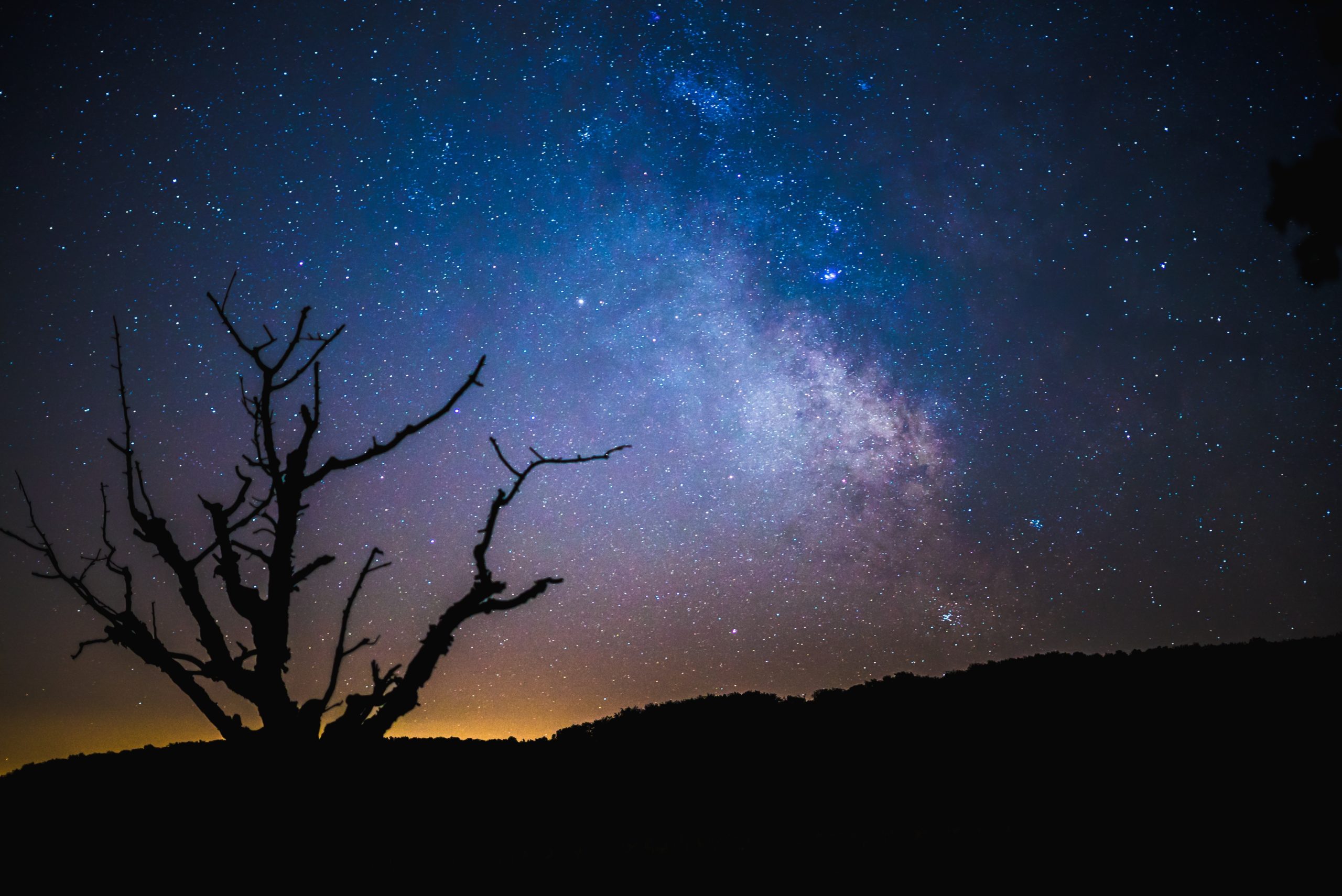Rat-a-tat-tat went longish nails on old wood. She sat at the time-abandoned Rathskeller Pub, waiting. Three tall jack-and-cokes into her Sunday afternoon, the strange man finally arrived, a wiry figure dappled in late-day shadows. The man looked almost wizardly with a long, white beard and smooth, white hair woven into a single braid that reached halfway down his back. He pushed a small piece of paper her way.
“For you,” the man said.
She scoffed. “A letter? This is the big secret? Ha! You’ve lost all your anchovies and a crappie or two more if you think I’m the kind of person who reads.”
“You look like the kind of person who could use this.”
“Use what?”
“Read it and find out.”
Anne Varner was nothing of a reader. She was instead a three-days-unshowered fisherwoman, oblivious to any laws laid by civil society, (or by those fashionable types who believed in the merit of tiny, slanted hats and dined in fancier places than the Rathskeller Pub where they were served ice water, hold the ice).
The man studied her with deep-set, charcoal eyes and Anne almost wondered what those ashy things thought about her frizzled, red hair or her sun-roasted skin or her missing left front tooth or her fingernails with remnants of fish guts stowed beneath their cracked edges. Almost.
“Look,” he sighed. “I said yesterday when I bought the cod from your boat I’d pay you back with something better than gold and I’m holding to my promise now.”
Before she could send him an infamous Anne Varner scowl, which would have ricocheted off the peeling Rathskeller walls and tunneled right into the sensitive piece at the peak of his pointed chin, the man was gone.
Anne, face warmed by whiskey, was left alone with the note.
So she opened it, knowing that in the space separating the man’s sudden departure and her next drink, there was nothing left to do:
If you can’t sing there is a tree
If you can’t fish there is a tree
If you can’t read there is a tree
To help you through so easily
O! Listen now and you shall see
A tale spun true with falsity
For if you seek you can’t fly free
Or know the one you’ll never be
But if you live and love like me
You’ll wonder why
There is a tree.
It could’ve been the way the paper felt, smooth and comforting inside her palms, or the way three double Jack Daniels played their slight-of-hand tricks with her mind but there in the Rathskeller Pub, Anne sat spellbound to the ridiculous words given to her by the strange man.
She read and reread the poem—Anne Varner reading poetry? A world has ended and electric eels have taken control!—until she knew nothing for certain except that she must find the tree.
If you can’t sing there is a tree
If you can’t fish there is a tree
If you can’t read there is a tree …
“There’s a map if you flip the paper over but it’s older than I am, and that’s pretty old,” she heard a voice say. “I know a shortcut through Meerberry Forest that’ll save us a quarter day’s walk up and down Mount Jikumpthe. Don’t bother looking, it’s nowhere to be found on that silly drawing. The tree, however, is anything but silly.”
The man was back by her side, obscure and shifty as the exhaust from her lazy fishing boat, Little Lignum. They were no longer inside the Rathskeller Pub but scuttling along a fire road, bordered by swathes of unbroken hillside and patches of delicate brush.
“Come on, Anne!” The man called to her. “We’ve got to get there by tonight.”
“Get where?”
“To the tree.”
Yes to the tree, always to the tree. Was there anywhere else to go?
With poem in hand, Anne felt unexpectedly lighter, and as she tasted the last of the whiskey behind her teeth, the lightness remained. “What’s so special about the tree?” She asked, even if some part of her already knew.
“Simply, it’ll give you anything you want. Just as the song says.”
The man began to hum and the sound was bright but far away, like a hymn sung from the blackening sky. “If you can’t sing, there is a tree …”
“So this tree can give me anything?”
Anne kicked a rock near her foot, shrouding the man in an unexpected haze of dust. He coughed and the puff of dust-smoke settled, though not before delivering just the right amount of theatricality to what he said next.
“If you want it, poof! The tree can give it to you. All you have to do is ask. Beauty, fame, power, love, riches, a Red-Eyed Tree Frog, a house made from sour pickles …”
Anne remained silent but quickened her step. They had reached the edge of a place she guessed was Meerberry Forest, wherever or whatever that was. The trees here were leafy and tall but strange as the man who guided her through them; each tree branch bent in a different direction like they were unsure which way a branch should properly grow. Some curled to the left, others curved to the right, a few fell dramatically to the ground and one even twisted upwards in bizarre tree-trunk ringlets that disappeared into the darkness above.
She looked to the sky, wondering why she was so eager to complete this journey, why she might need a magical tree anyway, when she had what she wanted in Little Lignum and a life lived by the way of fish and whiskey. Might beauty or love bring a wholeness to her splintered mind and missing tooth? Might power give her the fulfillment long days at sea couldn’t provide? Might a fat pile of gold entice the cod to nibble more feverishly at her line?
The questions were swirling between her ears when the man said, “We’re here.”
He spoke the two words abruptly, with much less significance than Anne would’ve liked for such an important arrival as this.
“Thanks,” she would’ve told him but for the second time since they’d met yesterday, the man disappeared.
There was no question Anne was at the tree—there is a tree!—and it was extraordinary, a knotted, leafless creature glowing against a night sky flecked in distant stars. She sat beneath it, the folded poem in her pocket, the tendrils of her red mane alive with sticky air, the haughty breeze storming through a mouth that hung agape. She was the portrait of a wild fisherwoman unmoored. And when the tree asked her what she might wish for, she looked to its tangled, ancient trunk and said nothing.


